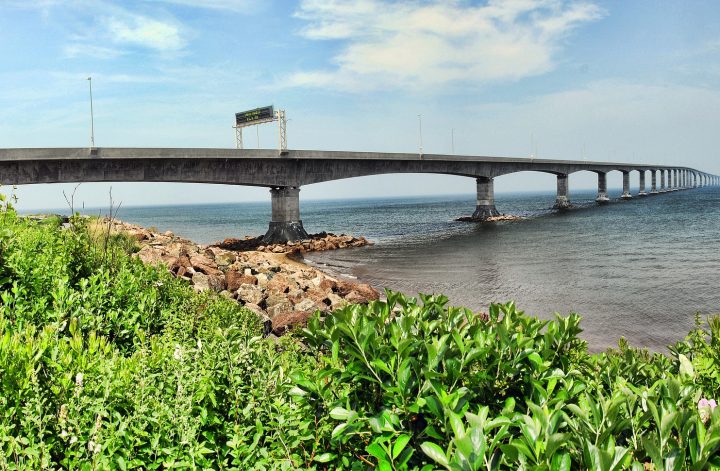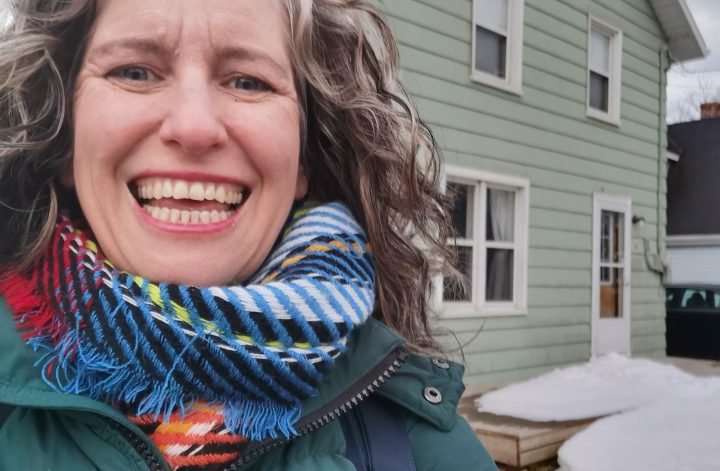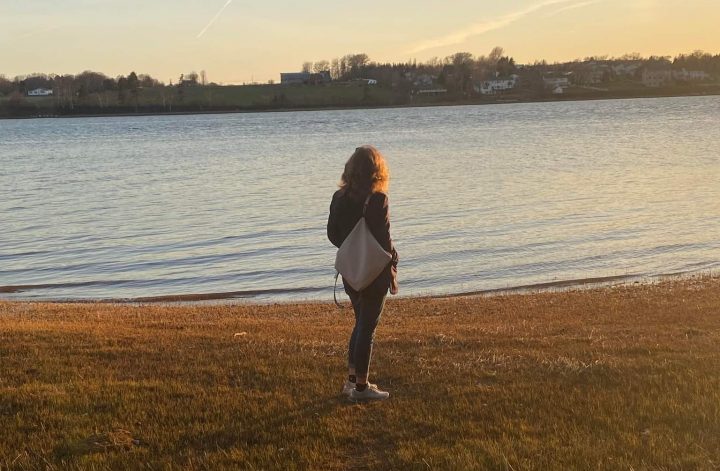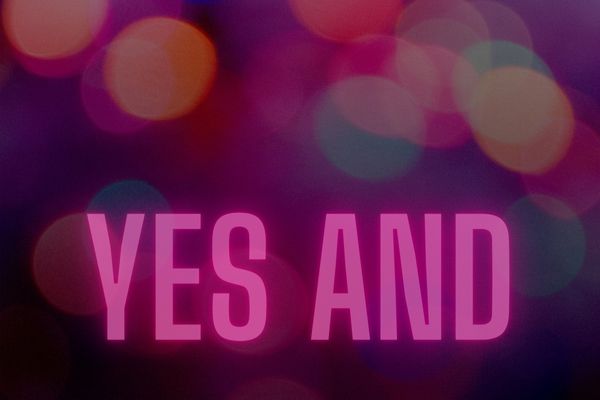Earlier this week, I met my new work team for a holiday breakfast.
It was the first time we’d met in person since I began working for the agency in September. I was surprised to learn over half of them were, like me, from somewhere other than PEI.
The conversation turned to how difficult it can be to find your social footing on the island.
This is something I’ve heard a lot.
Islanders are some of the friendliest people in Canada but that doesn’t necessarily mean they’ll be free to hang out with you on a Saturday night. Many have a close-knit network of people they grew up with, extended families nearby, and deeply established cliques that keep them busy and can be hard to penetrate.
PEI may be the fastest growing province in Canada and home to an increasing number of ethnic groups, but according to most long-time Islanders there are only two types of people here:
- those who were born here (Islanders)
- and everyone else (come from aways or CFAs).
As a local folk singer recently said to me, “You can’t be an Islander and from away.”
For those with multiple generations in PEI, this means if you weren’t born here, you can never be a “true” Islander.
It doesn’t matter if you live here for five years or 50, if you’re parents weren’t Islanders, you’ll always be a CFA.
This makes me sad because it’s exclusionary.
I can just imagine the playground taunts:
“You’re not a true Islander!”
“Yes, I am.”
“No, you’re not! You have to be born here!”
“Liar!”
“CFA! CFA! Go back to your home and play!”
Come from away isn’t a term specific to PEI.
It’s common throughout the Atlantic provinces and also the title of a hit musical about planes landing in Gandor Newfoundland on 9/11 (and, incidentally, the accepting of people’s differences).
You don’t hear the term come from away in more populated parts of Canada because in many of those places everyone is already from somewhere else. This is especially true in Toronto where during one subway ride you might hear 10 different languages spoken.
In PEI, however, up until recent history, people didn’t have a lot of contact with outsiders. With no bridge connecting to PEI to the mainland until 1997, Islanders have been a relatively isolated and homogenous group.
And, in all homogenous groups, there is always a distrust and labelling of the outsider.
After all, outsiders bring change.
And change has come to this place. The increase in PEI’s population over the past decade has simultaneously raised housing costs and reduced access to services like health care. It’s understandable to want to blame newcomers (or CFAs) for these developments and some Islanders do.
But for many, being an Islander isn’t just about being born here. It’s about sharing a unique lexicon, history and culture. These things (along with the beaches and Anne of Green Gables) are one of the prime reasons it’s such a destination for tourists.
But what of the people who choose to settle here by choice?
When I moved here, I made it my mission to learn more about PEI’s history and heritage. In any place it’s important to respect where it’s coming from. I continue to do so.
But ultimately, what matters to me isn’t “Who’s your father?” (a question Islanders used to ask people they’d meet on the Island to see if they knew your family).
What matters to me is “Are you a good person?” “Are you fun to hang around with?” “Do we have something in common beside where we grew up?”
I’ve met lots of those people here – people who were born here and people who’ve moved here by choice, none of whom, I should note, have written me off because I come from away.
Still, I find the term exclusionary because it one, it says I can never be a part of something I want to be a part of. (And as a relatively privileged White female Gen Xer I’ve been taught my whole life that I can be whatever I want.)
But more so, it’s because – as history has taught us and continues to teach us – the “othering” of any group of people can be dangerous. At local levels, it leads to hate crimes. At larger levels: terrorism, wars and genocides.
(Let’s not forget the original Islanders – the Mi’kmaq peoples – and what happened to them when the ruling Europeans deemed them as “others.”)
To be clear, I don’t think anyone is sitting in their basement plotting against CFAs or Islanders. We’re far too laid back here for that.
I do, however, know how it feels to be excluded. When you are bullied as a teenager and shunned from the groups you desperately want to be a part of, you don’t forget that feeling.
Perhaps that makes me more sensitive than most to the term CFA.
It’s human nature to want to belong:
To a place, to a group of people, to a culture. Belonging is what connects us to others.
But when belonging to a place excludes people who aren’t like the people who were there before them you create us versus them thinking.
No one wants to be a them.
And yes, I’m sure for many years and perhaps still, Islanders felt like they were being othered by the rest of Canada and specifically the centralized powers in Ontario.
But that doesn’t make it right.
Language is powerful.
It sets expectations and the tone for things. Come From away isn’t just cute local vernacular. It’s limiting.
Culture develops in place but there is a difference between a culture and a place. We live in a world where Ideas and people spread further than ever before.
On the PEI government website, all residents of PEI are referred to as Islanders.
Hospitality is important here. If those who call PEI home truly want to make people feel welcome, it’s time for them to do the same.




